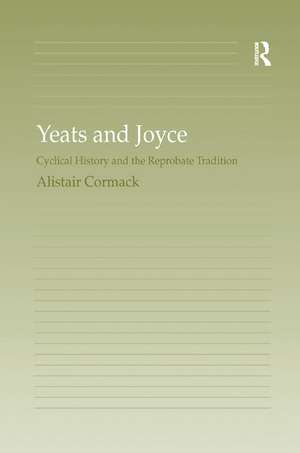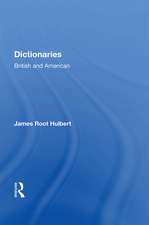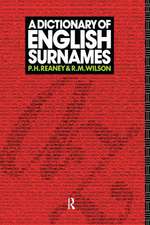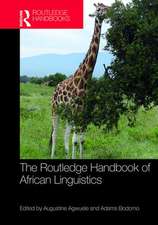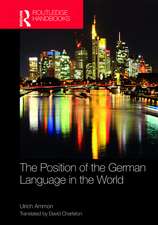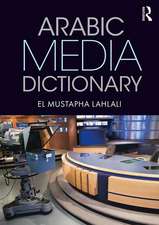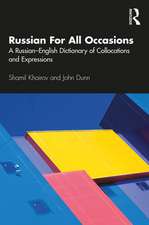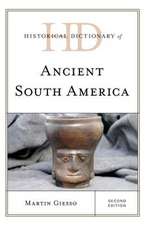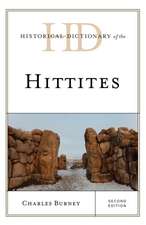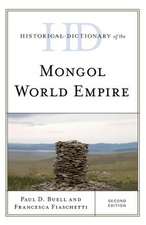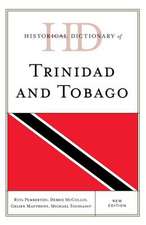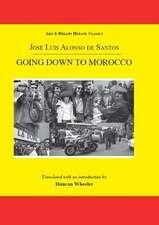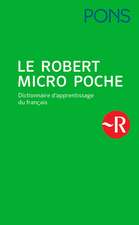Yeats and Joyce: Cyclical History and the Reprobate Tradition
Autor Alistair Cormacken Limba Engleză Paperback – 19 dec 2018
| Toate formatele și edițiile | Preț | Express |
|---|---|---|
| Paperback (1) | 323.23 lei 6-8 săpt. | |
| Taylor & Francis – 19 dec 2018 | 323.23 lei 6-8 săpt. | |
| Hardback (1) | 698.17 lei 6-8 săpt. | |
| Taylor & Francis – 28 iun 2008 | 698.17 lei 6-8 săpt. |
Preț: 323.23 lei
Nou
Puncte Express: 485
Preț estimativ în valută:
61.85€ • 66.14$ • 51.57£
61.85€ • 66.14$ • 51.57£
Carte tipărită la comandă
Livrare economică 18 aprilie-02 mai
Preluare comenzi: 021 569.72.76
Specificații
ISBN-13: 9781138376175
ISBN-10: 1138376175
Pagini: 229
Dimensiuni: 156 x 234 x 12 mm
Greutate: 0.45 kg
Ediția:1
Editura: Taylor & Francis
Colecția Routledge
Locul publicării:Oxford, United Kingdom
ISBN-10: 1138376175
Pagini: 229
Dimensiuni: 156 x 234 x 12 mm
Greutate: 0.45 kg
Ediția:1
Editura: Taylor & Francis
Colecția Routledge
Locul publicării:Oxford, United Kingdom
Cuprins
Contents: Introduction; Part 1: Yeats and Joyce: the Punch and Judy show of Irish modernism; Giambattista Vico and idealist history; Yeats, Joyce and the hermetic tradition; Blake the Irishman; Idealist history: nationalism, modernism and minor literature. Part 2: Ulysses; Yeat's 1937 A Vision; Finnegans Wake; Bibliography; Index.
Notă biografică
Dr Alistair Cormack, School of Literature and Creative Writing, University of East Anglia, UK.
Recenzii
'Cormack’s book is an important contribution to the literature on Irish modernism and a welcome corrective to some of the inaccuracies that have propagated in the wake of the postcolonial turn.' European Legacy
Descriere
Challenging characterisations of Joyce and Yeats as polar opposites, Alistair Cormack shows that Joyce and Yeats independently challenged a linearity and materialism they identified with empire and celebrated Ireland as destabilising the accepted forms of thought and the accepted means of narrating the nation. Thus, Cormack argues, 'unreadable' modernist works such as Finnegans Wake and A Vision must be understood as attempts to reconceptualise history in a literally postcolonial period.
